You’ve heard your Dad gripe about it. “Nothing but sequels and reboots! Can’t your generation come up with anything on your own?” Indeed, 2017’s top 10 highest grossing movies were all sequels and reboots, some a combination of the two (“War for the Planet of the Apes”). Younger griping dads probably hearkened to the days of the real Tobey Maguire Spider-Man, while older ones reminded you that the original Star Wars will never be topped. It is gripping, not unfounded -- here’s Contently founder Shane Snow’s mathematical depiction of the trend over not only the past year but the past 10.
But if the sentence “Let’s get lit fam, YOLO”, the appropriation of tiny animated produce as sex symbols, and the limitless, hilarious, wonderful supply of memes and GIFs which are delivered to my personal phone each day mean anything, it’s that our generation suffers from no lack of creative bone! So why is there going to be a “Halloween” movie this year which, instead of starring 20 year old Jamie Lee Curtis facing terror like you’ve never seen before, will star 60 year old Jamie Lee Curtis facing terror you have seen very many times before? Data.
We’ve got data up to our asymptotes, ladies, and gentlemen. H&M uses it to put your clothes out of style faster than ever before, Walmart uses it to make salsa dirt cheap; movie studios figure out what people want to see. An example -- if you’ve spoken to another human in the past 5 years or so you know that Adam Sandler is washed up, just putting out garbage like a suburban kid on the allowance. Except you're all liars. Netflix found that Adam Sandler was the most viewed actor on the platform, the old stuff and the new. They signed him to a 6-movie deal, we all complained about it, watched, and the money and data rolled. What’s extremely apparent is that data has led studios to the knowledge that sequels and reboots, even more than Adam Sandler movies, are the most risk-free, guaranteed cash cow projects. Not the best, not anyone’s favorite, but the most likely buck. They don’t care that “Batman vs. Superman” had a big showing at the deprecating Razzie’s; it made $330 million (8th highest in 2016). Data don’t lie.
What we are left with, what sequels and reboots represent, is sort of cheese pizza entertainment -- the product with the highest possibility that the most people will like it. It would be pretty bogus to eat only cheese pizza; and actually, diversification is thousands of times more important in art than it is in pizza. Movies aren’t alone either. A recent Economist study found that what has happened since the music industry became digital -- ie. way more music became accessible to everyone -- is that, while more music is being listened to, the largest share of listening has actually shrunk to a smaller top musician group than before. Data has led streaming services to constantly recommend only cheese pizza, guaranteed-to-land artists.
Cheery doctors have an advantage over the right ones, journalists cover ridiculous political discourses if they are popular, all because collective data reveals the solutions for best net results -- consumer relations becoming utopianism. Or, as this Harper’s essay put it, “Atlas Aggregated”. If the phenomenon frightens you at the level of waning collective and individual intelligence, or if you just don’t want to fucking see “Jurassic World: Fallen Kingdom”, begin placing value on the original, the niche, and the risky.

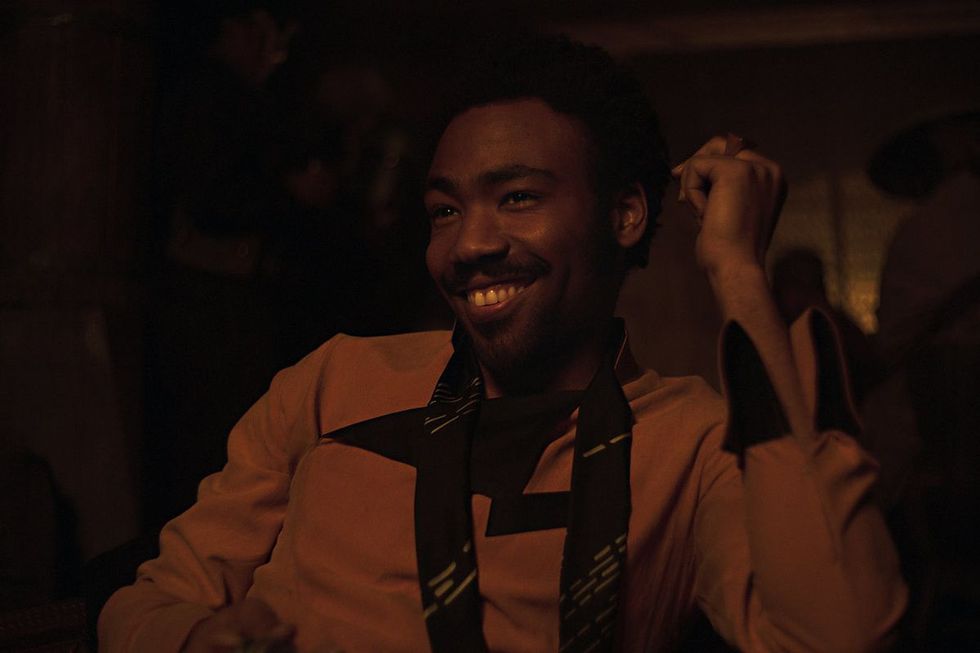
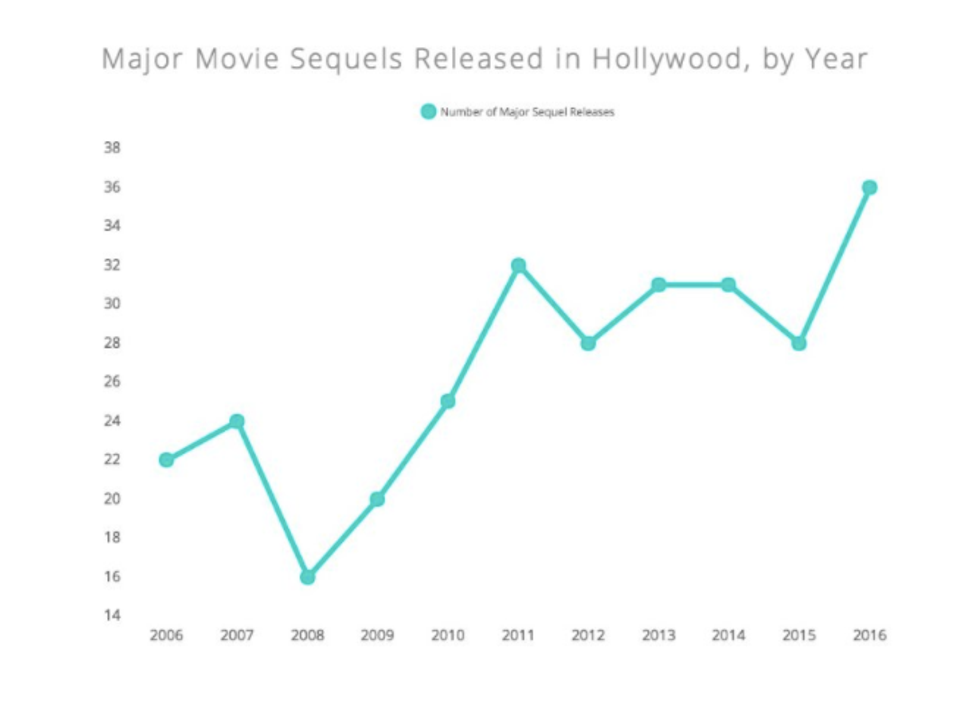
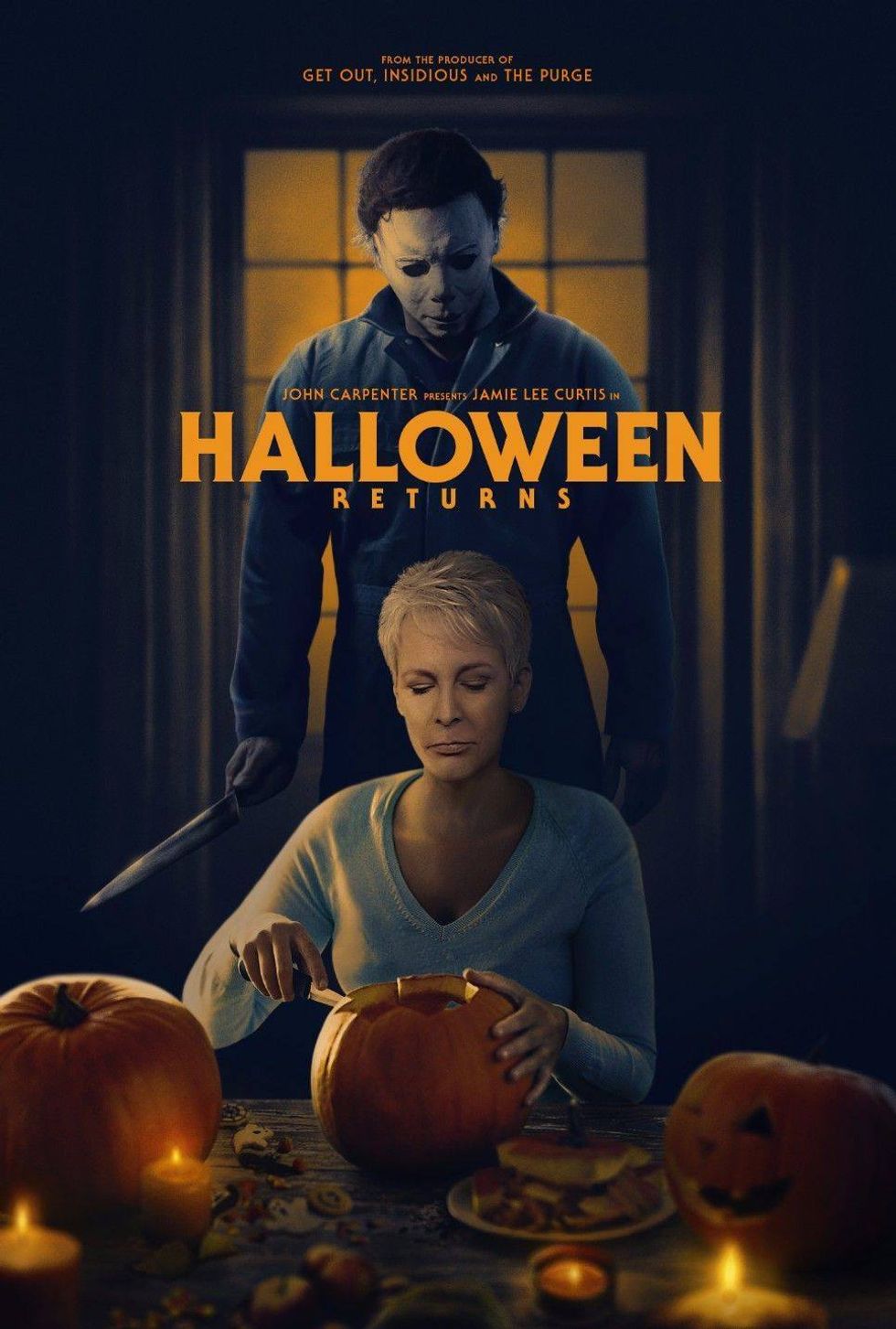
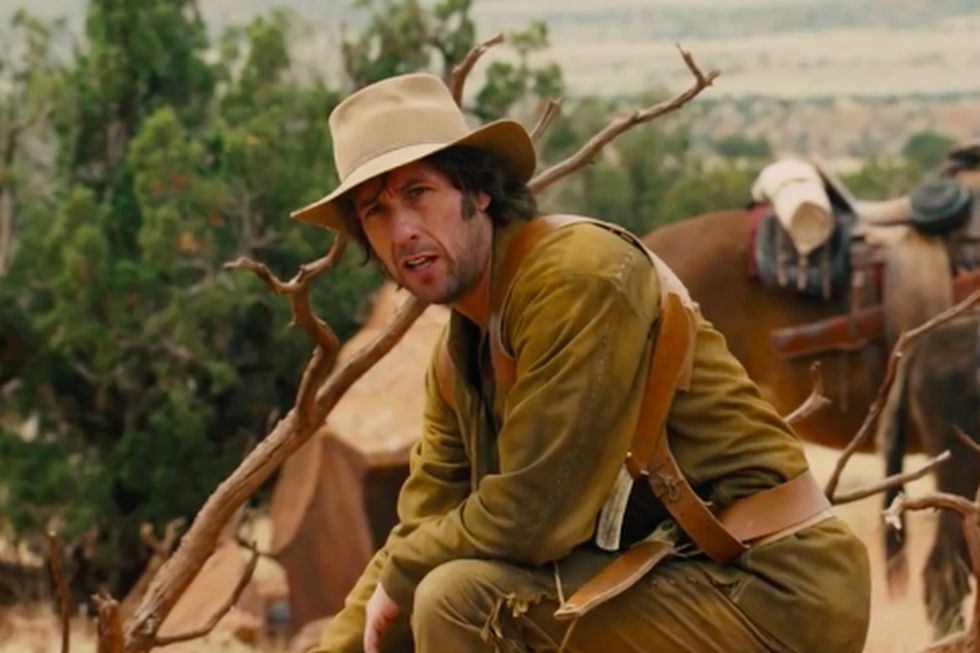
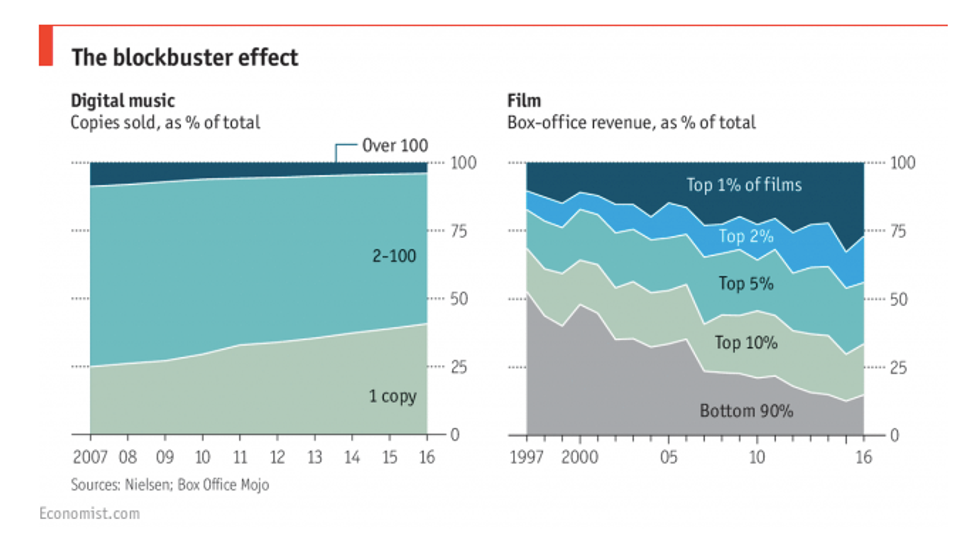


 Energetic dance performance under the spotlight.
Energetic dance performance under the spotlight. Taylor Swift in a purple coat, captivating the crowd on stage.
Taylor Swift in a purple coat, captivating the crowd on stage. Taylor Swift shines on stage in a sparkling outfit and boots.
Taylor Swift shines on stage in a sparkling outfit and boots. Taylor Swift and Phoebe Bridgers sharing a joyful duet on stage.
Taylor Swift and Phoebe Bridgers sharing a joyful duet on stage.












